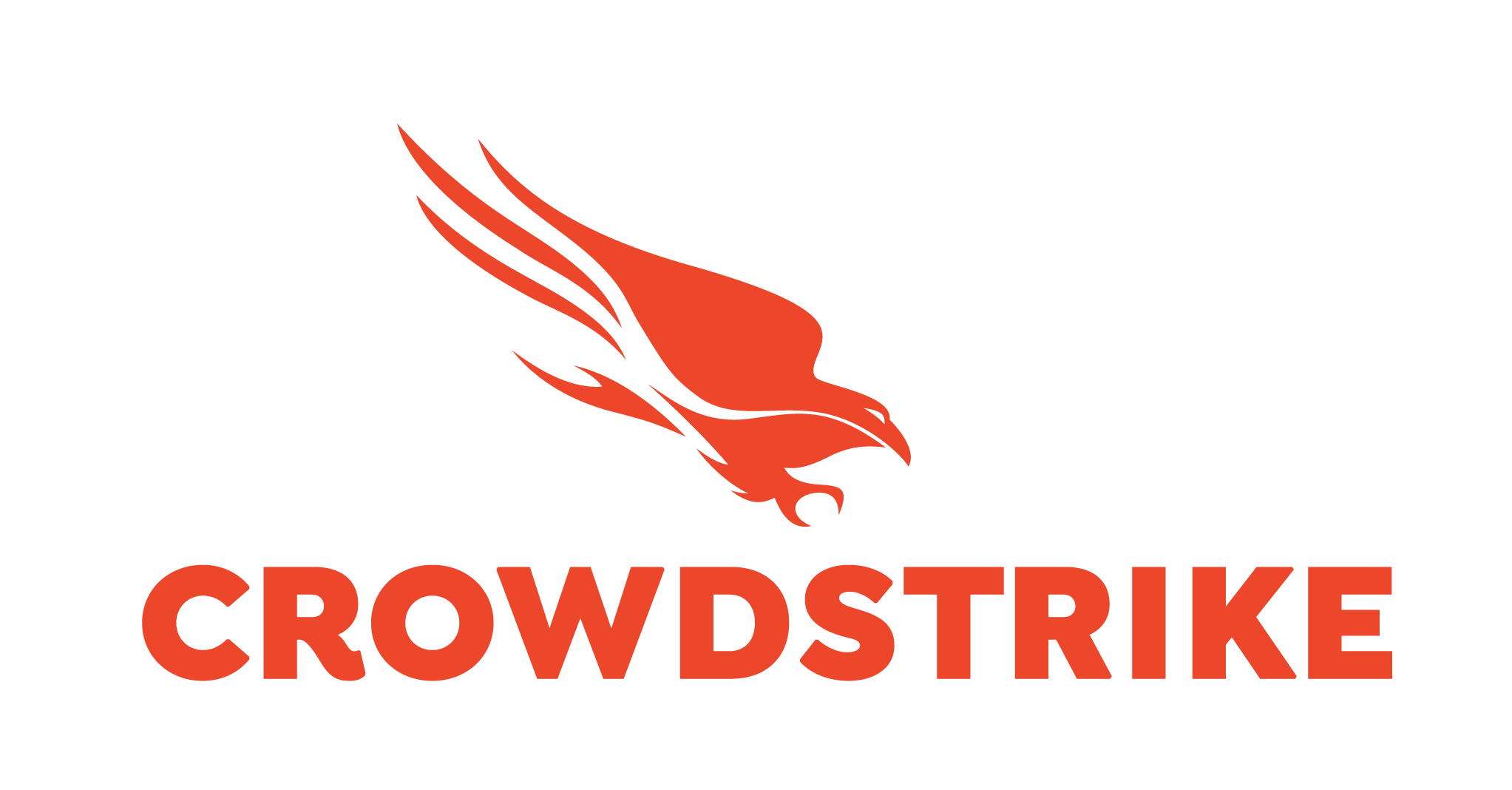
Overview
Logs for Security provides a unified security and compliance audit view of your AWS infrastructure and insight into threat activity across that environment. It leverages native AWS tools and telemetry to accelerate the work of development, operations, security, and reliability management teams in maintaining security, monitoring their environment, and managing their risk and attack surface.
Modern ever-changing cloud environments need ongoing audits of configuration, vulnerability, versioning, activity, and other factors to ensure they are well maintained and not subject to vulnerability created by aging or drifting configuration, access rights, or software. Logs for Security helps teams get rapid, ongoing security visibility into the diverse aspects of their environment and provides customizable alerting, evaluation, and remediation of issues.
Sumo Logic rapid onboarding process makes setup easy, allowing AWS users to visualize and begin improving the security posture of their environments in minutes.
New Sumo Logic AWS Built In automation and integration. An AWS Certified deployment that reduces the time and effort to configure your multi-account environment, starting with AWS Control Tower and key Cloud Foundational Services to achieve a stronger security posture that drives efficiency and reduces risk in your business critical applications.
The price below is for a two year subscription to ingest up to 5 GB per day. If you require more than 5 GB per day, please contact your AWS sales representative.
Highlights
- Unified security visibility and analytics across your entire AWS environment using native and 3rd-party data sources.
- Integrated threat intel which accelerates threat detection and reduces the time to detect and investigate
- Global Intelligence Service that creates statistical baselines for Amazon GuardDuty and AWS CloudTrail to help accurately pinpoint investigations and resources
Details
Introducing multi-product solutions
You can now purchase comprehensive solutions tailored to use cases and industries.

Features and programs
Buyer guide

Financing for AWS Marketplace purchases

Pricing
Dimension | Description | Cost/24 months |
|---|---|---|
5GB/Day Ingest | 5GB/day ingest with 365 days retention | $13,350.00 |
Vendor refund policy
Please see seller website for refund details.
Custom pricing options
How can we make this page better?

Legal
Vendor terms and conditions
Content disclaimer
Delivery details
Software as a Service (SaaS)
SaaS delivers cloud-based software applications directly to customers over the internet. You can access these applications through a subscription model. You will pay recurring monthly usage fees through your AWS bill, while AWS handles deployment and infrastructure management, ensuring scalability, reliability, and seamless integration with other AWS services.
Support
Vendor support
Start by visiting Sumo Logic Support at https://support.sumologic.com/support/s/ or email us directly at support@sumologic.com
AWS infrastructure support
AWS Support is a one-on-one, fast-response support channel that is staffed 24x7x365 with experienced and technical support engineers. The service helps customers of all sizes and technical abilities to successfully utilize the products and features provided by Amazon Web Services.


